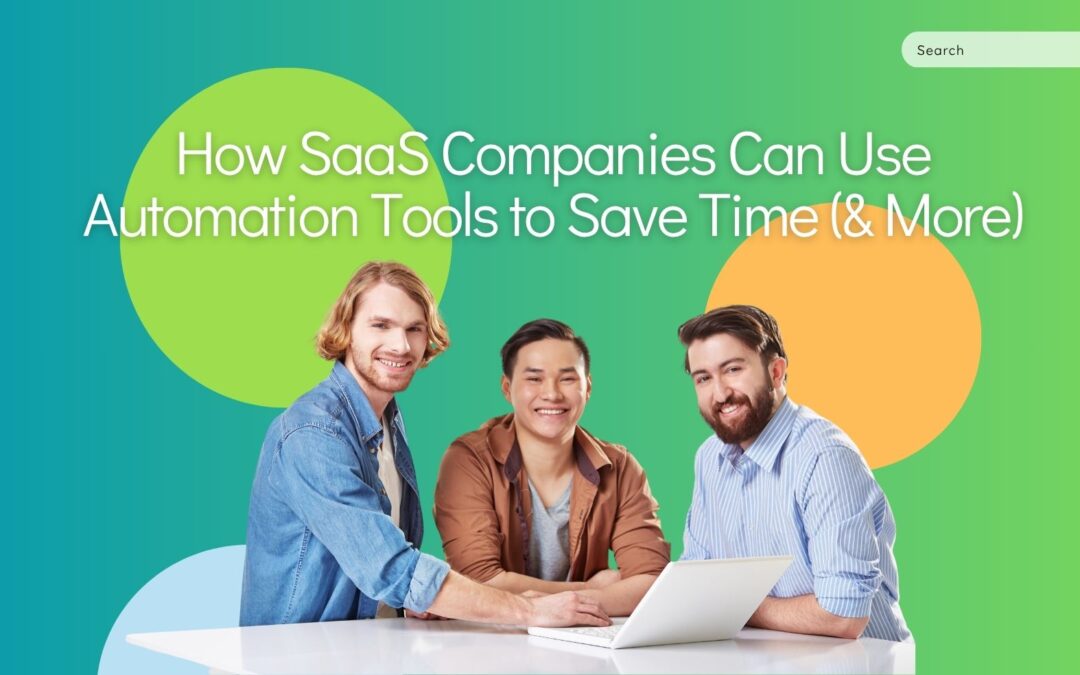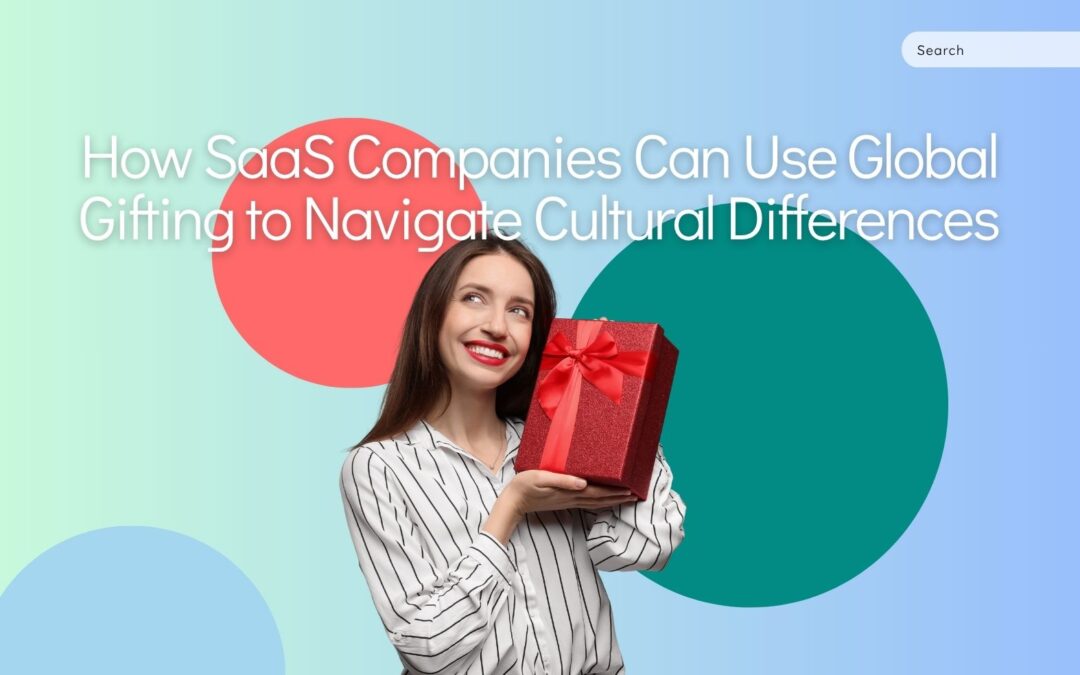Use our guide to corporate gifting to discover the best way to make your brand stand out and increase your ROI. We’ve also added an infographic for a quick summary.
Key takeaways:
- Thoughtful gifting helps acknowledge exceptional employees, loyal clients, and valuable partners, reinforcing connection, appreciation, and trust; key factors for business growth and retention.
- Platforms simplify gift selection, distribution, and campaign tracking. They offer personalization, international reach, integration with CRM/HRM tools, and real-time performance data, making gifting both efficient and impactful.
- Tailoring gifts to recipients’ preferences and sending them during key milestones – such as holidays, anniversaries, or onboarding, boosts emotional connection, job satisfaction, and customer loyalty while staying within budget.
There will definitely come a time in your business practice that you’ll encounter an employee who is the very definition of exceptional, a client who is worthy of more than a mere “thank you” or a prospect with whom you’d like to engage. In times like these, how you respond is of utmost importance as your reciprocation can sometimes be the determinant of the growth or stagnation in your organization. Corporate gifting is a great way to nurture all your relationships and connections in the workplace.
In this guide, we’ll provide insight into corporate gifting, running corporate gifting programs and how to make the most of a gifting platform.
What is Corporate Gifting?
Corporate gifting is the act of showing gratitude or interest to a business relation with a physical or virtual gift using your business identity. To maximize your gifting strategies, you can also implement the most prominent trends to better understand the needs and preferences of your customers, staff and clients for a tailored approach.
Some of the best times to send a corporate gift include:
- Work anniversaries
- Corporate milestones
- Personal days such as birthdays
- Holidays
- Onboarding
- As incentives (Sales, Marketing and HR)

The Psychology Behind Corporate Gifting
At the heart of every gift lies emotion. Corporate gifting works because it taps into deep-seated psychological principles, making recipients feel valued, respected, and recognized. Gifts create an emotional connection that often translates into loyalty and trust – two elements every business strives for.
Understanding the psychology of gifting helps companies choose gifts that resonate more deeply with recipients, making interactions memorable and impactful. The act of giving isn’t just transactional; it’s relational.
Interesting Facts Every Business Should Know
Corporate gifting has been around for centuries, but the ways in which businesses use it today continue to evolve. Did you know that certain types of gifts are far more likely to be accepted than others, or that cultural considerations can influence how a gift is received?
By uncovering key facts about gifting, companies can design smarter campaigns that avoid pitfalls while maximizing their ROI. For example, businesses that recognize cultural differences in gifting are better equipped to strengthen relationships in global markets.
Why Some Businesses Avoid Gifting
Despite its clear benefits, not every business embraces gifting. Common concerns include cost, logistics, and fear of gifts being perceived as insincere or transactional. Others worry about compliance or about gifts being ignored.
The reality is that these challenges are solvable. Platforms and strategies exist to help companies overcome these hurdles while ensuring that gifts feel personal and authentic. By addressing these concerns, businesses that previously resisted gifting can unlock its true potential.
Choosing the Right Corporate Gifts
The success of a gifting strategy often depends on what you send. A poorly chosen gift can do more harm than good, while a thoughtful one can elevate a relationship. Companies today can choose from a wide range of options; from physical items like branded merchandise to experiences, digital gift cards, and charitable donations.
The key is to align the gift with the recipient’s preferences and the company’s brand values. A gift should feel personal, not generic, and ideally provide utility or joy to the recipient.
Corporate Gifting as a Marketing Tool
Gifting is no longer limited to HR or employee recognition programs. More businesses are now weaving gifting into their marketing strategies. Sending the right gift at the right moment can nurture leads, revive stalled deals, or reward customer loyalty.
Unlike traditional advertising, gifting is tangible. It creates a memorable experience that strengthens brand recall and often prompts recipients to engage more deeply with the sender. When integrated into campaigns, gifting can become a powerful differentiator.

Who Owns Corporate Gifting in a Company?
One question many organizations face is: who should be responsible for gifting? Should it fall under HR, marketing, or sales? The answer often depends on the company’s goals. HR may handle employee recognition, while marketing uses gifting for campaigns, and sales deploys it for prospecting and client retention.
In some organizations, a dedicated gifting manager or “gift concierge” oversees strategy and ensures consistency across departments. Clear ownership prevents gifting from becoming fragmented and ensures it delivers measurable impact.
Knowing When You’re Ready for a Gifting Platform
Not every business needs a gifting platform from day one. However, when manual processes start consuming too much time, or when scaling campaigns becomes difficult, it’s a sign that a platform could add real value.
Platforms streamline everything: sourcing, compliance, delivery, tracking, and reporting. They also provide data-driven insights, helping businesses optimize future campaigns. Knowing the signs of readiness helps organizations adopt technology at the right moment.
The Principle of Reciprocity in Gifting
One of the most powerful dynamics behind gifting is the principle of reciprocity; the idea that when someone receives a gift, they feel naturally inclined to return the favor. In business, this could mean a renewed contract, a referral, or even just stronger goodwill.
By applying reciprocity strategically, companies can use gifting to encourage positive business outcomes while still coming across as genuine. The key is authenticity; recipients should feel that the gift is given with thought, not expectation.

Adding a Human Touch in a Digital World
As AI and automation become more prevalent in business, it’s easier than ever for communication to feel cold or impersonal. This is where gifting shines; it brings a human touch back into interactions. A carefully chosen gift conveys care, thought, and effort that a digital message cannot replicate.
By combining automation with personalized gifting, companies can maintain efficiency without losing the authenticity that makes relationships meaningful.
Overcoming Common Challenges in Corporate Gifting
Even with the best intentions, incorporating gifting into business strategies isn’t without challenges. Companies often struggle with compliance, logistics, scalability, and measuring ROI.
By understanding these common roadblocks in advance, organizations can proactively address them and avoid costly mistakes. Leveraging gifting platforms and aligning strategy with business objectives ensures that gifting strengthens relationships rather than creating complications.

Why Giftsenda?
Gifting works best when it’s strategic, scalable, and measurable. This is exactly where Giftsenda comes in. Designed as a global gifting platform, Giftsenda helps businesses deliver gifts seamlessly across borders, track campaign performance, and integrate gifting directly into sales and marketing workflows.
Whether you’re looking to build stronger client relationships, motivate employees, or launch data-driven marketing campaigns, Giftsenda offers the tools to make it happen. With features like address-less gifting, global catalogs, and CRM/HRM integrations, it ensures that gifting is not just an afterthought but a core part of your business growth strategy.







